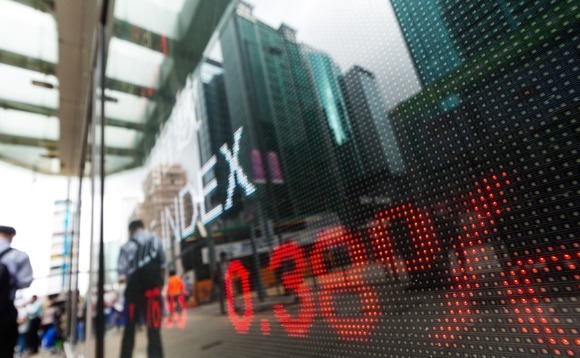
China plans rollout of registration-based IPOs to all exchanges

China has proposed expanding the registration-based IPO system, which is intended to offer listing candidates lighter-touch regulation and a smoother path to the bourse, to all domestic stock markets.
The registration-based system - as opposed to the traditional approval system - was first introduced by the Science & Technology Innovation Board, or Star Market, in 2019. It was expanded to Shenzhen's start-up board ChiNext in 2020 and was used upon the launch of the Beijing Stock Exchange launched in 2021.
The speed and simplicity of the Star Market appeal to private equity investors. Approximately, USD 107bn has been raised through 550 PE-backed IPOs on mainland exchanges in the past three years, according to AVCJ Research. The Star Market accounts for 48% of the offerings and 58% of the proceeds. ChiNext is second on 31% and 23%.
According to draft rules published by the China Securities Regulatory Commission (CSRC), the main boards in Shanghai and Shenzhen will also convert, making the registration-based system a standard for all IPOs. The CSRC will fully relinquish its reviewing powers and transfer vetting power to the stock exchanges.
"The exchanges must conduct a comprehensive review of whether companies meet the issuance conditions, listing conditions and information disclosure requirements. The CSRC will decide whether to approve registrations based on the review opinions provided by the exchanges," the regulator said in a statement.
In theory, the review process will focus on the quality and compliance of a company's information disclosure; it will no longer make judgments as to the investment value of the company. Substantive thresholds will also be removed.
However, in practice, industry sources note that exchanges like the Star Market set very high qualification thresholds for technology companies, based on statistics such as the proportion of staff involved in R&D staff and the number of patents obtained. Moreover, the process is not necessarily speedy. Many candidates have withdrawn applications because of ineligibility or extended waiting periods.
For example, LiDAR technology developer Hesai Technology applied to list on the Star Market in 2020 but withdrew early the following year. At the time, an investor in the company observed that not only is the listing process lengthy, but once it has begun applicants are unable to raise new funding because they can't change their shareholder structure. Hesai closed a USD 300m Series D shortly after withdrawing and applied for a US IPO in January.
The draft rules include language that underlines political oversight. "The CSRC will insist on the early introduction of political structures that emphasise a clear-cut approach and actively adapt to new situations and tasks," the statement said.
Latest News
Asian GPs slow implementation of ESG policies - survey
Asia-based private equity firms are assigning more dedicated resources to environment, social, and governance (ESG) programmes, but policy changes have slowed in the past 12 months, in part due to concerns raised internally and by LPs, according to a...
Singapore fintech start-up LXA gets $10m seed round
New Enterprise Associates (NEA) has led a USD 10m seed round for Singapore’s LXA, a financial technology start-up launched by a former Asia senior executive at The Blackstone Group.
India's InCred announces $60m round, claims unicorn status
Indian non-bank lender InCred Financial Services said it has received INR 5bn (USD 60m) at a valuation of at least USD 1bn from unnamed investors including “a global private equity fund.”
Insight leads $50m round for Australia's Roller
Insight Partners has led a USD 50m round for Australia’s Roller, a venue management software provider specializing in family fun parks.








